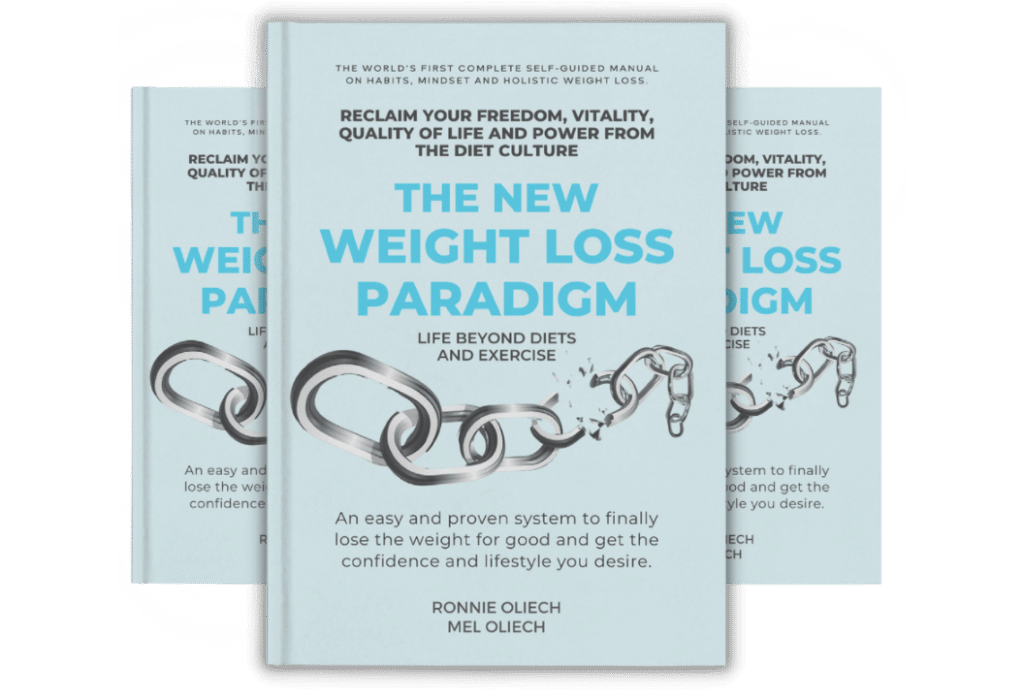You know the feeling. You’re close to burnout and are desperate for a rest. You feel as if you go from one thing to another during the week — work, family commitments, and chores around the house — and that there is never any time to slow down. You feel constantly tired, stressed and overwhelmed with the number of things you need to do.
But when the weekend comes, and you finally have a chance to breathe you find yourself staying busy. There always seems to be something to do, and slowing down is more stressful than keeping busy. Come to think of it, even when you are on holiday, you still manage to find plenty to do and often end up working even when you’re on leave.
Your body and mind feel like they need a rest, but you just can’t seem to slow down or stop despite it taking a toll on you and your mental health.
What the hell is going on?
Why slowing down is hard
The truth is, slowing down in our society is becoming more difficult. We live in a culture that worships busyness and where people wear exhaustion or being time-poor as a badge of honour.
Rest, relaxation and switching off are seen as ‘treats’ that must be earned after we have hustled hard. Working long and hard is viewed as greatness or success while taking a break is frowned upon as being bad or lazy. So, we carry on, often using stamina or willpower to continue to jam-pack our schedule with things to do, not really understanding why we struggle to slow down and take a break.
What is really driving your busyness?
When it comes down to it, the one thing that drives your need to be busy and your inability to slow down and rest is low self-worth. You can read more about low self-worth in our blog How low self-worth affects your weight.
People with low self-worth don’t feel valuable, worthy or loveable so they look for external factors or other people to feel worthy. Most of the time, this translates into staying busy and doing more and therefore making it hard for you to slow down.
Low self-worth will show up in many ways that will keep you busy, no matter how much you’d like to take things at a slower pace. So now, we’re going to break that down and show you how low-self-worth is preventing you from slowing down.
How does low self-worth prevent you from slowing down?
Here are some of the common ways low self-worth shows up making it hard for people to slow down. How many of these ring true for you?
Identity
A lot of people find their identity in what they do (work or achievements) rather than in who they are. This means that if they stop working or ‘doing’, they lose that identity and feel like they are nothing. This explains why many athletes don’t cope when they retire from their sport because their identity is tied up in being an athlete, rather than who they are as a person. You can read more about this in our blogs Why you’re a workaholic and how it impacts your weight losWhy you’re a workaholic and how it impacts your weight losss and How your limiting beliefs and identity impacts your weight.
Your inability to slow down may also be linked to your identity as a caretaker. Perhaps you were the oldest and most responsible child who had to look after your siblings, or maybe you were thrust into a role where you had to care for other people (i.e. your parents or another family member). Slowing down may threaten your sense of self as a caretaker. You may also fear that if you slow down, you will no longer be needed by those you care for. This is why many parents feel empty when their children grow up and leave the house — because they are no longer needed by their children, and their identity as a parent is gone.
Imposter syndrome
A lot of people suffer from imposter syndrome — that nagging feeling that you’re always going to be ‘found out’ as incompetent, or exposed as a fraud. Keeping busy is a way to be seen as competent and capable and is a self-protection mechanism, because if they slow down, they may be revealed as an imposter.
Slowing down or stopping to rest can also bring up uncomfortable feelings of inadequacy and so to protect yourself from these feelings and your fraudulent identity, you continue to work longer and harder than anyone else. Your self-worth relies on feeling competent so if you stop you’ll be left with the feeling that you are a worthless fraud. You can read more about this in our blog Why imposter syndrome will ruin your whole life.
Perfectionism
Do you like people to think you’re perfect and always get things right? If you do, that could be another reason why you continue to work so hard. Perfectionists find self-worth in always being right, or doing things perfectly. They are never satisfied with what they do and achieve, so to protect their self-worth, they aim for perfection and feel a constant drive to get things right, which translates into doing more, rather than slowing down and just ‘being’. We explain perfectionism in our blog Why you’re not losing weight despite being perfect.
People-pleasing
How many times have you kept working or doing things for other people because you didn’t want to let them down or disappoint them? People pleasing is an attempt to keep other people happy and control what other people think of you because you think so little of yourself. This is why people say ‘yes’ to extra shifts or projects at work, requests to manage sporting teams, or help out with fundraising events. The extra busyness doesn’t add anything extra to your life, other than bolstering your sense of self by keeping other people happy. You can read more about this in our blog Are you too nice? Why people pleasing is making you overweight.
To receive validation
When we don’t validate ourselves (have self-worth) we rely on other people to do it for us. How many times have you heard people tell you that “you are amazing” because you manage to get so much done? Do they say that about people who rest? Not really. Continuing to stay busy and avoiding rest or relaxation is one way to receive validation from others. It can also be a way to validate yourself, particularly if you compare yourself to other people. By continuing to work and achieve things, you’ll see yourself in a better light when you play the comparison game, and therefore feel better about who you are. You can read more about this in our blog How to stop comparing yourself to others.
To feel in control
People who lack self-worth try to control things. They either try to control situations so they can feel good about themselves or control other people’s opinions of them. Being busy can give us a false sense that we are making progress and controlling the outcome. When we slow down or stop, we may feel stagnant and that we aren’t progressing at all. This feeling of doing nothing can be so uncomfortable that it drives us to do something, even if the actions we are taking sabotage our success because we believe that doing something is better than doing nothing. You can read more about control in our blog How to feel in control when everything is out of control.
To fill the void
Many people who lack self-worth feel empty inside. This is particularly the case for people who have suffered and not healed from trauma. In an attempt to fill the void, a lot of people turn to external factors. Staying busy and overeating (either through binge eating or emotional eating) are two common ways people try to fill an internal void. People who try to fill the void with busyness are too afraid to stop because they know that when they do, they will feel the pain of the emptiness inside them.
Protection mechanism
Sometimes we keep busy to avoid or block out uncomfortable feelings that may crop from lack of self worth or trauma, so keeping busy gives us a false sense of worthiness and protects us from facing and feeling extremely uncomfortable feelings. Some people, especially those who were victims of abuse, may also use work or busyness as a way to feel like they matter or that they’re not invisible. Be sure to read our blog How trauma affects weight loss to understand what trauma is and how it can affect you.
Values
What is important to you? People with low self-worth often try to find their worth in money and material possessions, or status. They believe that earning more, having more or being seen as more important will help them feel better about themselves. In a bid to accumulate more wealth or status, they keep working even if their body and mind is screaming to take a break – because their self-worth relies on these things. We look at this in more detail in our blog How your values in life determine your weight.
Build your self-worth so you can slow down
The key to being able to slow down without feeling uncomfortable or guilty is to build your self-worth. Feeling worthy for who you are rather than what you do, have or achieve means you won’t feel the need to stay busy or people-please to receive validation from others because you already validate yourself.
When you feel worthy no matter what you do, you won’t feel as if your identity is tied to anything other than who you are as a person. This will help you feel free to just be you, instead of doing things that continue to reinforce the identity of a ‘busy person’ or a ‘hard worker’.
You will also realise that being yourself is enough and that you don’t have to worry about upsetting others, or people discovering you’re a fraud or an imperfect being. This freedom will allow you to slow down and rest without worrying about what other people think of you for doing so.
If you’re ready to slow down, all you need to do is build your self-worth. Read our blog How to build self-worth so you can lose weight for good to find out how.


















